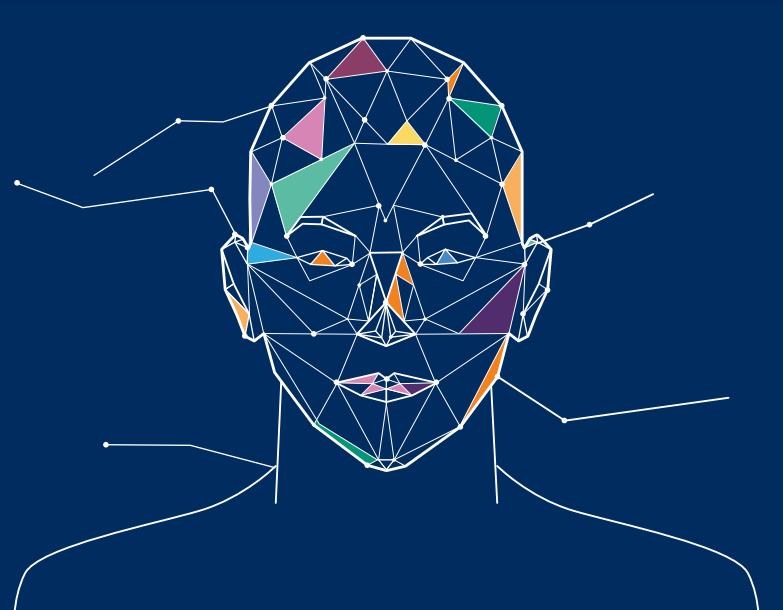Chatbots in humanitarian contexts: Learning from practitioner experiences

In recent years, chatbots have offered humanitarian operations the possibility to automate personalised engagement and support, inform tailored programme design and gather and share information at a large scale. However, adopting a chatbot is never straightforward, and there are many considerations that should go into doing so responsibly and effectively.
With some humanitarian organisations having experimented with chatbots for several years now, many are now interested in taking stock of their experiences and fostering greater awareness of how to design, budget for and maintain chatbots responsibly and effectively.
Responding to these priorities, this report explores the existing uses, benefits, tradeoffs and challenges of using chatbots in humanitarian contexts. This research has resulted from a collaboration with IFRC, ICRC, and a research advisory board consisting of representatives from IFRC, ICRC, the Netherlands Red Cross and UNHCR.
This report:
- Explores the types of chatbots used by humanitarian and civil society organisations, some of the rationales for their implementation, challenges faced, impacts and practical contexts.
- Offers a set of introductory questions and considerations for humanitarian actors to assess whether chatbots are a fit for their programme needs and the communities they work with. This information is rooted in the principles of responsible use of data and technology and considers both the benefits and the tradeoffs of adopting chatbot tools.
